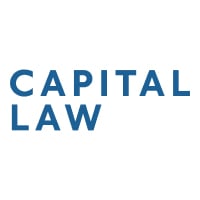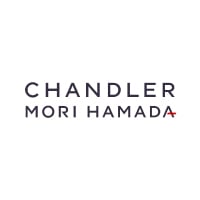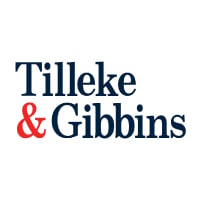

Chief legal officer | BTS Group Holdings






Sayam Siwarapornskul
Chief legal officer | BTS Group Holdings
Team size: Circa 35
What are the most significant cases, projects or transactions that you and/or your legal team have recently been involved in?
In 2024, I led two of the most legally and operationally significant matters for our company: a high-profile litigation case involving a public infrastructure concession, and a complex intra-group restructuring involving four public companies whose shares are listed on the Thai stock market.
The litigation case – which has received widespread media coverage – centres on a long-standing concession dispute between our subsidiary and a public sector counterparty. As Chief Legal Officer, I oversaw case strategy and directly managed a team of external litigation counsel, ensuring alignment across legal positioning, shareholder communications, and regulatory compliance. Beyond the courtroom, this matter carried considerable reputational and capital market implications, requiring careful coordination with our board, IR team, and compliance function.
In parallel, I also spearheaded the legal design and execution of the complex intra-group restructuring. This multi-jurisdictional transaction required navigating diverse legal regimes and tax considerations while ensuring regulatory clearance from domestic agencies. The objective was not only operational efficiency, but also governance simplification and long-term strategic flexibility. My team led the structuring from legal and tax perspectives, working cross-functionally with finance, business unit leaders, and external advisers to deliver a seamless execution with minimal disruption to our operations.
Both matters reflect the evolving role of today’s in-house legal function: from managing legal risk to actively shaping corporate strategy. I’m proud of how our legal team supported the company’s interests with both precision and foresight.
How do you approach managing legal aspects during periods of instability or crisis to ensure the organisation’s resilience?
In times of internal transformation — such as our 2024 group restructuring — I see legal not only as a stabilising force, but as a facilitator of strategic clarity. My approach begins with transparency and alignment: ensuring legal risks are translated into actionable options that business leaders can confidently work with. In a group-wide restructure, this required cross-border coordination, employee communication, tax and regulatory navigation, and — importantly — maintaining business continuity across subsidiaries.
I also believe resilience stems from consistency. During periods of uncertainty, our legal function reinforces discipline in documentation, stakeholder management, and compliance. As a listed company, we are acutely aware of market perception and disclosure standards. My role as CLO is to preserve the integrity of that process while helping the organisation adapt quickly and legally.
Lastly, I invest in readiness. Whether through scenario planning or empowering my legal team to be proactive business partners, we aim to reduce friction during crises by embedding legal foresight early. Instability doesn’t excuse inaction — it requires calm, clear direction, and a willingness to lead decisively under pressure.
What do you think are the most important attributes for a modern in-house counsel to possess?
A modern in-house counsel must transcend the role of legal gatekeeper to become a strategic business partner. The most important attributes today are business acumen, agility, and the ability to balance risk with commercial reality. In complex transactions or high-profile disputes, legal advice must be timely, practical, and clearly aligned with corporate goals. In a listed company context, this includes navigating not only legal frameworks, but also stakeholder expectations, market perception, and regulatory scrutiny. A truly effective in-house counsel must listen deeply, communicate clearly, and execute decisively.
How can general counsel foster a corporate culture that supports ESG principles and compliance across all levels of the organisation?
In my experience, compliance with ESG principles is most effective when it’s tied to the organistion’s culture — not just its code. As General Counsel, I emphasise legal’s role in helping business units see ESG not as a regulatory burden but as part of long-term value creation. We promote this through training, policies that reflect shared values, and reinforcing ethical behaviour at all levels. True ESG compliance isn’t just about meeting external expectations – it’s about shaping internal mindset.
Chief legal officer | BTS Group Holdings
Chief legal officer | BTS Group Holdings
Chief legal officer | BTS Group Holdings